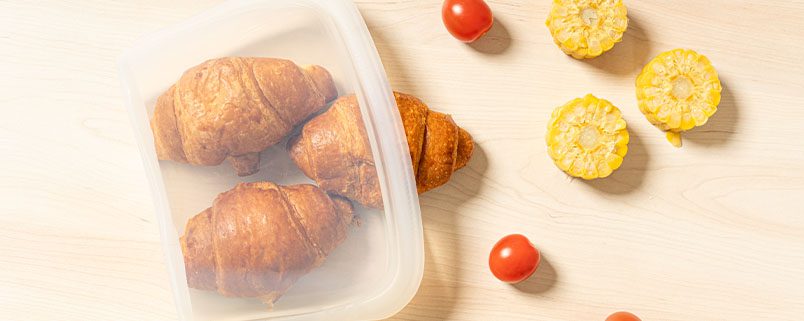
In today’s fast-paced world, preserving food effectively is essential not only for saving money but also for minimizing waste and enjoying fresh flavors. Whether you’re a seasoned chef or a busy home cook, mastering the art of food preservation can enhance your culinary experience. Here are some practical tips to help you keep your meals fresh and delicious.
1. Understand the Basics of Food Preservation
Food preservation involves techniques that extend the shelf life of ingredients while maintaining their quality. Common methods include refrigeration, freezing, canning, drying, and using airtight containers. Each method has its unique benefits, so understanding the right technique for different foods is crucial.
2. Use Airtight Containers
One of the best ways to preserve food is by using airtight containers. Investing in high-quality storage solutions, like our foldable platinum silicone containers, can help keep your food fresh longer. These containers provide a secure seal that prevents air from entering, reducing spoilage and keeping flavors intact.
3. Master the Art of Freezing
Freezing is an excellent method for preserving a wide variety of foods, from fruits and vegetables to cooked meals. When freezing, ensure you use freezer-safe containers or bags. Portioning meals before freezing can also make meal prep easier, allowing you to thaw only what you need.
4. Embrace Canning and Pickling
Canning and pickling are time-honored methods for preserving seasonal produce. By sealing fruits and vegetables in jars, you can enjoy their flavors long after the harvest. Whether you’re making homemade jams, pickles, or sauces, this method not only preserves but also adds a unique twist to your meals.
5. Explore Dehydration
Dehydrating foods is a fantastic way to concentrate flavors and extend shelf life. You can dehydrate fruits, vegetables, and even herbs. Dehydrated snacks, like apple chips or sun-dried tomatoes, are not only delicious but also make for healthy, portable options.
6. Keep an Eye on Freshness
Regularly check your pantry and fridge for items that need to be consumed soon. Organizing your food by expiration date can help you use older items first, reducing waste. Labeling containers with dates can also remind you to use ingredients before they spoil.
7. Utilize Natural Preservatives
Certain natural ingredients can help preserve food. For example, adding lemon juice or vinegar can inhibit spoilage in fruits and vegetables. Salt is another effective preservative, especially in curing meats or fermenting vegetables.
8. Experiment with Meal Prep
Meal prepping is not only a time-saver but also a smart way to preserve food. Prepare meals in advance and store them in airtight containers. This practice helps maintain freshness while allowing you to enjoy nutritious meals throughout the week.
Conclusion
Preserving food is a skill that benefits both your wallet and the environment. By employing effective techniques and using high-quality storage solutions, you can enjoy fresh and flavorful meals while reducing waste.
Start incorporating these tips into your kitchen routine, and watch as your food preservation skills elevate your cooking experience. With a little effort, you’ll be able to savor delicious, homemade meals any time!



